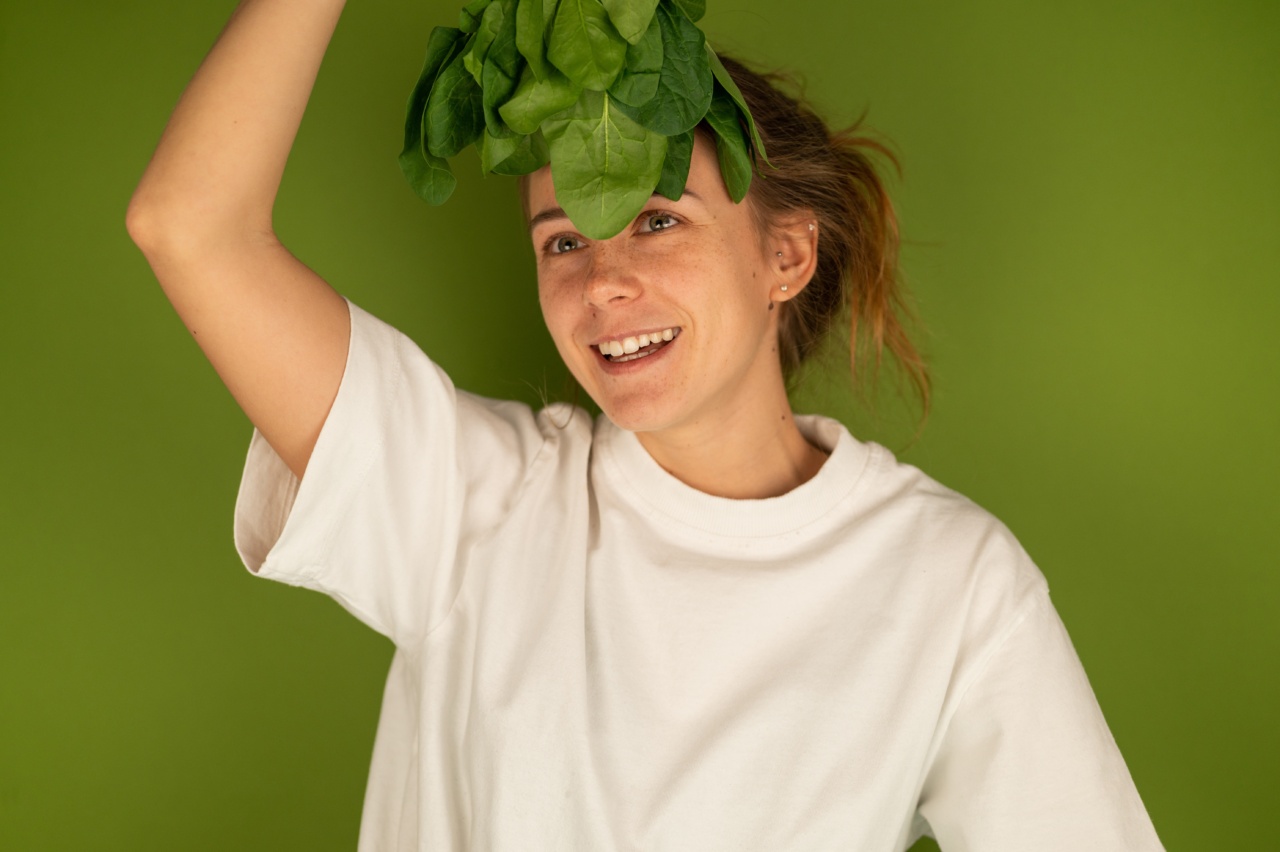As women reach their 50s, it becomes increasingly important to prioritize their health and well-being.
Hormonal changes, menopause, aging, and the onset of various health conditions make it crucial for women to pay extra attention to their nutrient intake. A balanced diet enriched with essential vitamins can help women in their 50s maintain optimal health, energy levels, and overall well-being.
1. Vitamin B12
Vitamin B12 is vital for maintaining proper nerve function and producing new red blood cells, which is especially important as women age.
With age, the body’s ability to absorb vitamin B12 from food decreases, making it essential for women in their 50s to include this vitamin in their diets. Sources of vitamin B12 include animal products such as meat, fish, dairy, and eggs. If required, supplements can also be taken to meet the recommended daily intake.
2. Vitamin D
Vitamin D plays a significant role in maintaining bone health, especially for women in their 50s who are at an increased risk of osteoporosis. This vitamin helps the body absorb calcium and supports healthy bone density.
Natural sources of vitamin D include sunlight, fatty fish like salmon and mackerel, and fortified dairy products. However, due to limited sun exposure and dietary preferences, supplementation may be necessary to ensure adequate levels of vitamin D.
3. Vitamin C
Vitamin C is an antioxidant that aids in collagen production, which helps keep the skin firm, supports the immune system, and aids in wound healing. As women age, the skin undergoes changes that can lead to dryness and wrinkles.
Including vitamin C-rich foods such as citrus fruits, berries, peppers, and leafy greens in their diet can benefit women in their 50s.
4. Vitamin E
Vitamin E is another powerful antioxidant that helps protect cells from damage caused by free radicals, supporting healthy aging and immune function.
Women in their 50s can benefit from the anti-inflammatory properties of vitamin E, which may help reduce the risk of chronic diseases. Nuts and seeds, spinach, broccoli, and vegetable oils are excellent sources of this essential nutrient.
5. Calcium
Calcium is crucial for maintaining bone health, especially during menopause when bone mass may decrease. Women in their 50s should aim to consume adequate amounts of calcium to support bone density and prevent conditions such as osteoporosis.
Dairy products, leafy greens, soy products, and fortified plant milk are good sources of calcium.
6. Magnesium
Magnesium plays a crucial role in various bodily functions, including bone health, heart health, and muscle function. It also helps alleviate symptoms such as muscle cramps, sleep disturbances, and fatigue.
Including magnesium-rich foods such as nuts, seeds, whole grains, and leafy green vegetables in the daily diet can benefit women in their 50s.
7. Vitamin A
Vitamin A is essential for maintaining healthy vision, supporting the immune system, and promoting skin health. Women in their 50s can obtain vitamin A from orange and yellow vegetables, leafy greens, eggs, and dairy products.
As with any vitamin, it is essential to consume it in moderation, as excessive intake can be harmful.
8. Vitamin K
Vitamin K plays a vital role in blood clotting and maintaining bone health. Adequate vitamin K intake can reduce the risk of fractures and contribute to healthier bones.
Leafy green vegetables, broccoli, Brussels sprouts, and fermented foods are excellent sources of vitamin K.
9. Vitamin B6
Vitamin B6 is involved in various processes in the body, including hormone regulation, brain function, and red blood cell production. In their 50s, women may experience hormonal imbalances, making it crucial to maintain adequate levels of vitamin B6.
Sources of vitamin B6 include poultry, fish, whole grains, nuts, and seeds.
10. Omega-3 Fatty Acids
Omega-3 fatty acids are essential for heart health and can help reduce the risk of certain chronic conditions that women in their 50s may be prone to, such as cardiovascular disease and inflammation.
Fatty fish like salmon and sardines, walnuts, chia seeds, and flaxseeds are rich sources of omega-3 fatty acids.































